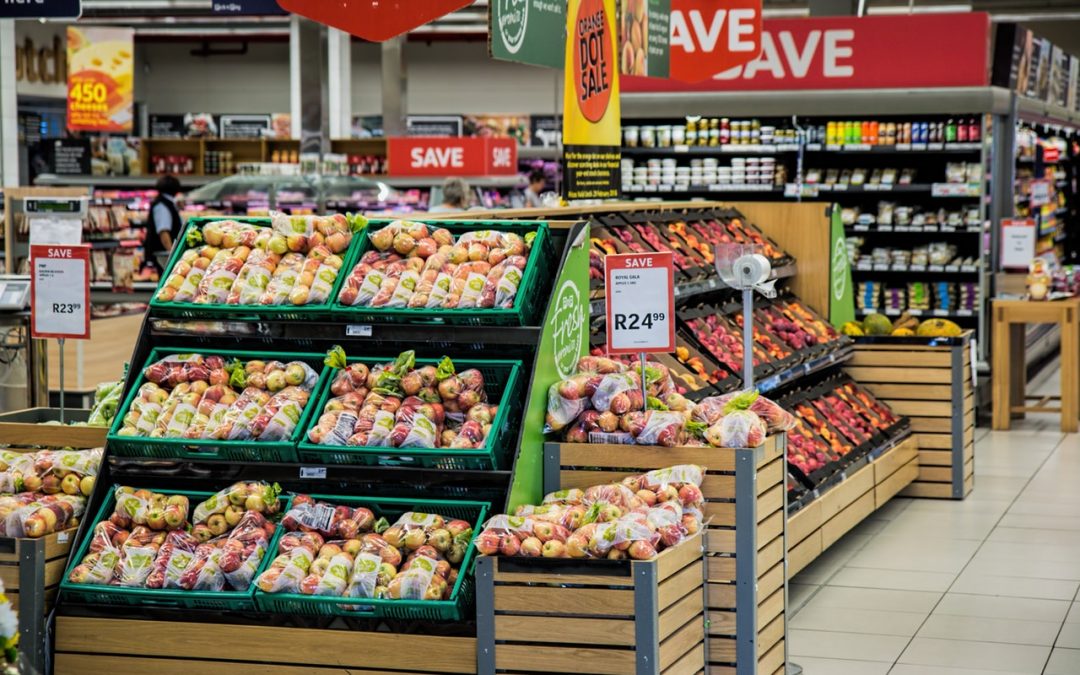Speak to just about anyone, and he or she will have an experience or story about Amazon to share. For the past 20 years, Amazon has grown from a simple, online book store into the œmall-killer many had suggested.
The ability for people to gain access to goods and other services, regardless of where they live, has been a gamechanger for sure. Over the years, Amazon has turned into a hub for many services: Entertainment content, household goods, and even an outlet for small retailers to gain an audience.
Most people who use Amazon’s services cite price and convenience as primary factors in deciding to engage with the behemoth. Gone are the days when you’d have to frantically run all over town to get unrelated items for a single need. Accessibility and the potential to save money are the platform’s hallmarks.
An Interesting Acquisition
Amazon has deep pockets, so a $13.7 billion acquisition doesn’t come as too much of a surprise. In the wake of Verizon’s recent acquisition of Yahoo, I guess the M&A world is ready to make deals.
And what about this wholesome store called Whole Foods? On the surface, the grocery brand seems removed from the ethos that Amazon exudes. Though it should be no surprise that Amazon employees are big proponents of the chain.
Years ago, when I lived in Austin, the whole city was abuzz when the new Whole Foods headquarters opened at Lamar and 6th Street. That feeling hasn’t changed much even today. In the communities it serves, Whole Foods is a staple.
Inside, you’ll find polished senators in line with dreadlocked midwives. The overall attitude of most patrons tends to be cheery and optimistic. Staff are friendly and helpful and genuinely seem to care about sustainable, healthy living.
Employee Satisfaction
In working with companies during mergers and acquisitions, Factum has frequently highlighted the need for both parties to retain focus on their internal customers: The employees. As part of our M&A advisory capability, we note that without committed, efficient support, no organization can succeed in the long run.
Whole Foods has shown in the past how employee satisfaction can either be a boon or a nagging problem and that retaining talent should be of utmost importance. Stemming from the liberal œKeep Austin Weird community, Whole Foods has been seen as a haven for those opposed to the typical corporate scene.
Employees have frequently voiced their opinions regarding working conditions and wages, and management has typically held true to their commitments. In fact, 10 years ago, I remember a friend, a Whole Foods employee at the time, remarking about her raise and the fact that all staff were given iPods as a Christmas bonus.
Food Deserts
It may appear strange at first for Amazon to choose Whole Foods for this foray, but if successful, it could be another gamechanger.
That’s because an often-overlooked problem in many cities is that of œfood deserts. These are places where the availability of fresh produce and quality foods is severely limited, for a variety of reasons.

Folks who live in places miles away from the closest grocery store will have an easier time accessing food as they need it. (I can see this being extremely popular in aging, rural communities.)
Perhaps the most value to come from this will be every other major chain looking at Amazon to formulate their own strategies. Grocery delivery is going to continue to grow, and all anyone can do is work to ensure it meets the needs of as many people as possible.
And how hard can that be?
Looking to Amazon
Given that Amazon has been honing its skills and innovating logistics since 1996, they could very well be in the best position to lead this shift. Time will tell if this acquisition will be fruitful, but given its history, delivering on its goals and promises is something that should come naturally to Amazon.


